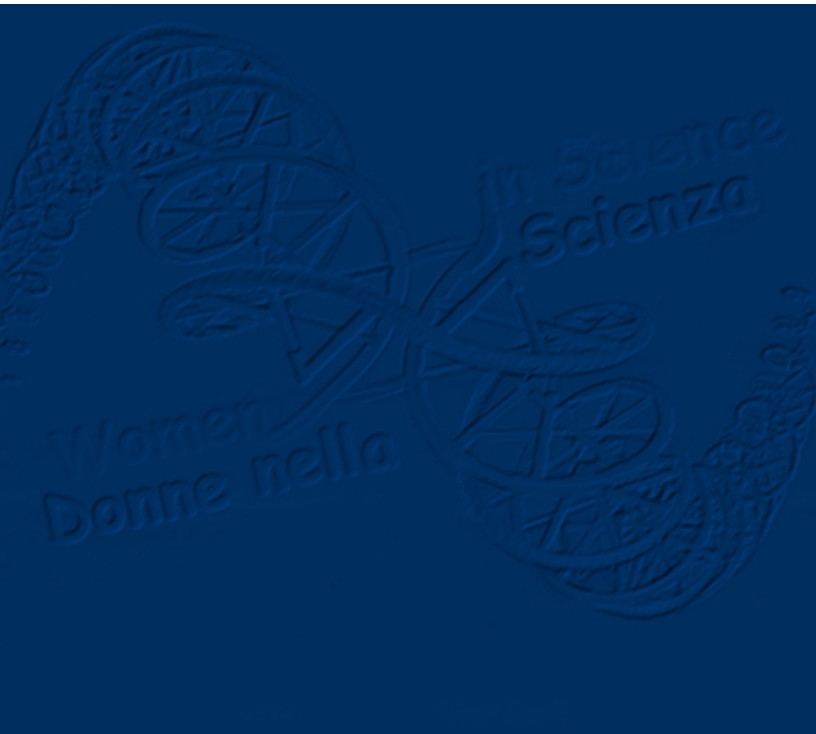In order to achieve a competitive, knowledge-based
economy (cf. the Lisbon summit, 2000), the Barcelona summit in 2002 set
the R&D investment target of 3% of GDP by 2010. To reach this goal,
the number of researchers in Europe will have to increase enormously.
This is a great challenge to improve the numbers and careers of women
in research. Indeed, we will not reach the 3% objective if we fail to
recrute, retain and promote the women who constitute an important share
of Europe's pool of trained scientists.
The main aspect of the European Conference has
been to move from the bottom-up approach aiming to increase the value
of the university and scientific research autonomy in order to foster
gender equality objectives at a national and European level. The target
was to outline concrete conditions and positive synergies facilitating
the adoption of gender-oriented policies through exchanging experiences
and comparing policy measures, at the same time pointing out reasons
for resistance to change.
Because of the policy importance for a range of
stakeholders of the question of human resources in European Science,
and due to the increasing recognition of the potential value of women
scientists in the economy, there has been extremely rapid development
in the availability of comparable sex-disaggregated statistics in the
last few years. A strong statistics programme has therefore been
implemented at EU level as an integral part of the Women and Science
Unit in DG Research.
The need for comparable data means that more
frameworks for harmonisation and better definitions need to be
developed in new areas (for example women in ICT research). Another
required task is to supplement and complement statistical data
collection with other types of methods that we have to investigate;
even more difficult than quantitative analysis is the elucidation of
more qualitative issues. Inequality and social dynamics that produces
it are known to be difficult to measure in supra-level statistics.
A further possible objective is to create a
network among actors of sound initiatives as an interacting site
to monitor and analyse the situation in academic and research
institutions as a tool to foster gender mainstreaming in the ERA
dimension.
Although women remain seriously under-represented
in science and R&D across Europe, the extent of the
under-representation varies and is closely linked to different
cultural, social and economic settings of each country. These
differences should also be taken into account in interpreting data.
Measuring gender inequalities in Science is a crucial challenge and an
indispensable tool in order to continue developing the knowledge base
for mainstreaming equality at European level.
National and European discourses on gender high
education and research address two distinct issues: gender
mainstreaming as a gender equality/equal opportunity issue; gender
mainstreaming as a research and theory issue. The work done by the
Helsinki Group concerning the development of indicators more
sophisticated than simply head counting is a valuable tool in having
more women in research groups. It is also an example of how attention
for equal opportunities within the research community may intersect
with the effort of introducing a gender perspective in the research
agenda.





